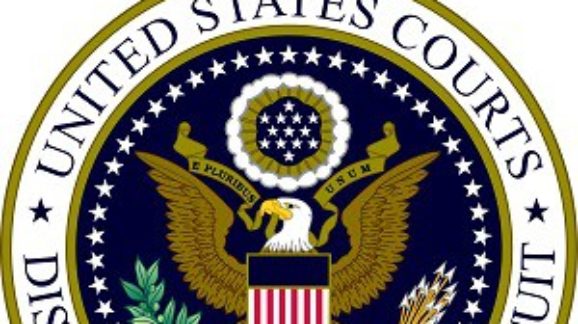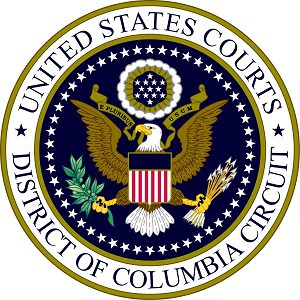FCC Cannot Rewrite Federal Law to Regulate the Internet

 By upholding the entirety of the Federal Communications Commission’s (FCC’s) Open Internet Order, the U.S. Court of Appeals for the D.C. Circuit has sanctioned the FCC’s miraculous multiplication of communications networks. Where once there was one network, the Commission and Court have discovered two. Section 332 of the Communications Act of 1934 states that the FCC may treat only commercial mobile services (CMS) as common carriers, and CMS is defined as service that connects to “the public switched network.” Although the phrase “the public switched network” was included in the law as a term of art referring to the telephone network, the Commission convinced the D.C. Circuit that the term refers to the Internet as well.
By upholding the entirety of the Federal Communications Commission’s (FCC’s) Open Internet Order, the U.S. Court of Appeals for the D.C. Circuit has sanctioned the FCC’s miraculous multiplication of communications networks. Where once there was one network, the Commission and Court have discovered two. Section 332 of the Communications Act of 1934 states that the FCC may treat only commercial mobile services (CMS) as common carriers, and CMS is defined as service that connects to “the public switched network.” Although the phrase “the public switched network” was included in the law as a term of art referring to the telephone network, the Commission convinced the D.C. Circuit that the term refers to the Internet as well.
The rationale for the application of Title II regulations to mobile broadband service therefore relies on the jettisoning of both grammatical and legal sense. First, the use of the definite article “the” with the singular noun “network” demonstrates that the statute clearly intends to refer to only one network. Moreover, the Court’s opinion makes clear that it defers to the FCC’s redefinition on practical, rather than legal, grounds:
In mobile petitioners’ view, mobile broadband (or any non-telephone mobile service)—no matter how universal, widespread, and essential a medium of communication for the public it may become—must always be considered a “private mobile service” and can never be considered a “commercial mobile service.”
It is clear that the majority does not like the restrictive nature of the statute, but changing it is a matter for Congress, not for the Court. Such a statement belongs in a letter to the Judges’ Senators, not a judicial opinion. Indeed, the Supreme Court held in Utility Air Regulatory Group v. EPA (“UARG”) that “an agency may not rewrite clear statutory terms to suit its own sense of how the statute should operate.”
The D.C. Circuit’s opinion recognizes that it could be absurd if mobile broadband was not subject to the same regulatory regime as fixed. A user could, for example, switch between Wi-Fi and mobile data as a means of accessing the web many times in in the course of a day. The Court opines that in such a case “her mobile device could be subject to entirely different regulatory rules depending on how it happens to be connected to the internet at any particular moment—which could change from one minute to the next, potentially even without her awareness.” It would, the majority finds, be absurd not to place all broadband under the same set of rules.
Here, the Court has discovered a real difficulty in the FCC’s attempt to regulate the Internet: the current legal framework does not contemplate the Internet as it exists today. But while it seems to recognize that attempting to cram Internet access into old regulatory silos is untenable, it joins the FCC in rewriting the statute so that the Commission’s policy goals can move ahead anyway. Here again, UARG dictates that agencies do not have the “power to revise clear statutory terms that turn out not to work in practice.” The real solution to outdated legislation is not unlimited regulatory discretion but new, better legislation. Congress should act to restrain the FCC and ensure that the legal framework preserves the vibrant free market that has characterized the development of the Internet up to this point.